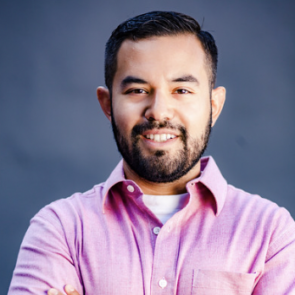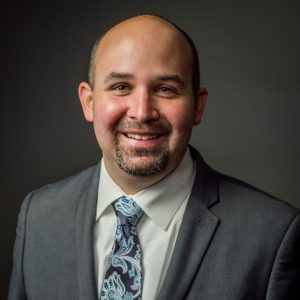When a person receives a jury duty notice, their first response is usually a groan. Many people resent the intrusion and mandated adjustment of their work and family life. They are frustrated by the inefficient system of jury selection, and have concerns about (if not outright disdain for) the legal system.
Last week it was my turn. Rather than grouse about it, I embraced jury duty as an important civic duty. Yes, I am busy and it was an intrusion. Yes, the selection process is cumbersome. And yes, I have some negative feelings about the legal system. But I re-arranged my schedule, dialed down my expectations about the process, and checked those negative feelings at the courthouse door. Jury duty is important and I was glad to participate in the process.
I have been called for jury duty several times over the years. I have served on one jury, been de-selected from the jury panel a few times, and been sent home without even making it to a courtroom several times. My wife has had a similar experience, including serving on a jury for a four-week trial with millions on the line in civil judgments. Why has it been important for us—and for you—to participate in this process?
First, a jury needs an ethical perspective based on honesty and fact-based judgement. As a Christian, you can make that contribution.
Second, a jury needs a mature perspective based on good judgment and sound reasoning. As a Christian, you can make that contribution as well.
Third, a jury needs wisdom to sort out complex situations—while keeping the legal parameters in view. Christians do this regularly by applying the Word of God to complex life situations—oftentimes never mentioned in the Bible. This skill translates in the jury room when the law as written—not hearsay about the law—must be applied to real life situations.
Finally, a jury needs people with Christian values to improve the legal system. While some Christians are frustrated by the legal system, it is a deeply entrenched part of our culture and it’s the best system we have for applying justice in an unjust world. Detaching from it is not a solution. Engaging with it, even when its frustrating, is a better response.
Part of your civic responsibility in a democracy is jury duty. When it’s your turn, set aside your negative biases and engage the process. Doing so will be your small but significant contribution to improving the legal system and bringing some justice to our broken world.
Read More
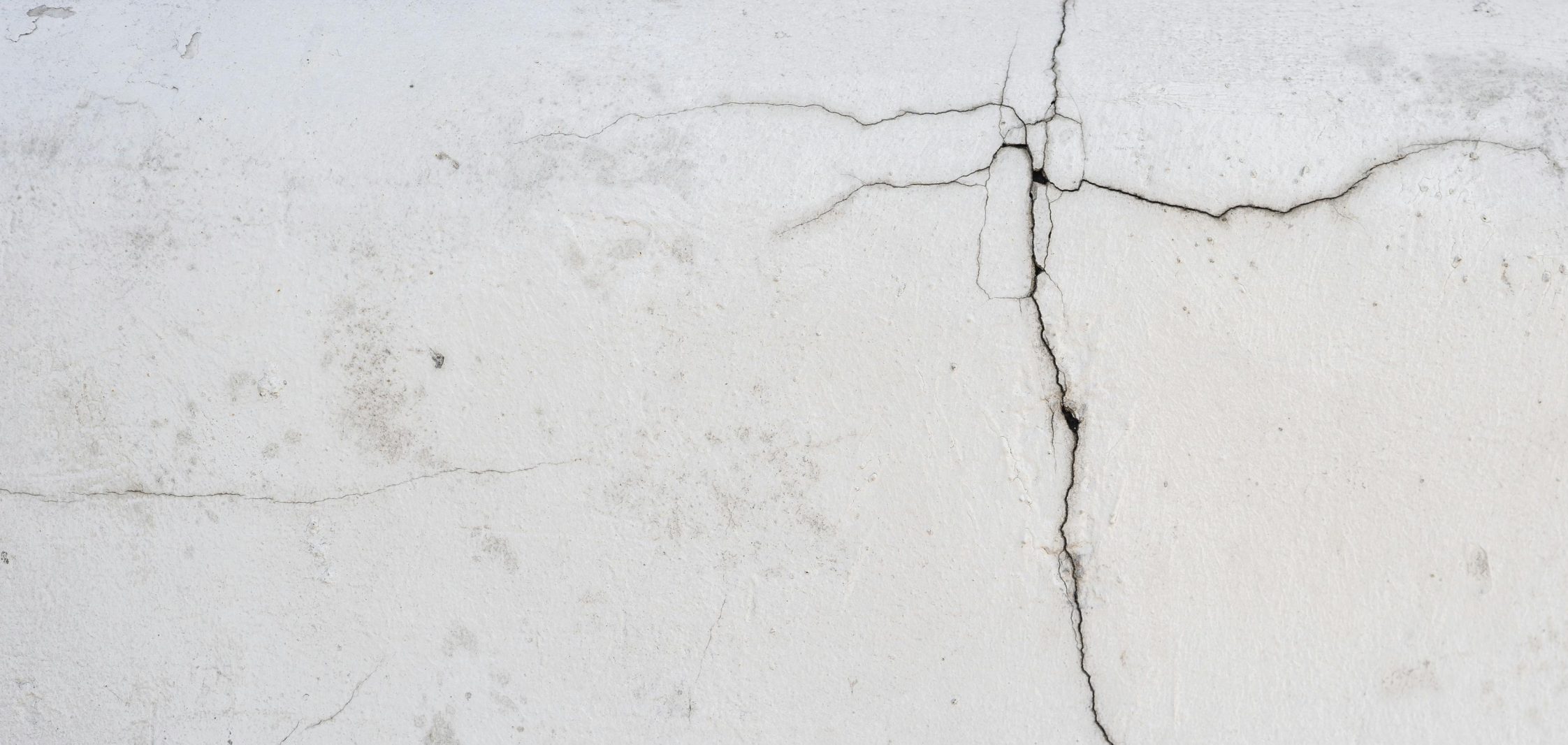
Owning Up to the Failures of our Theological Heroes
What can be done when you discover the sins of historical figures who have shaped your theology?
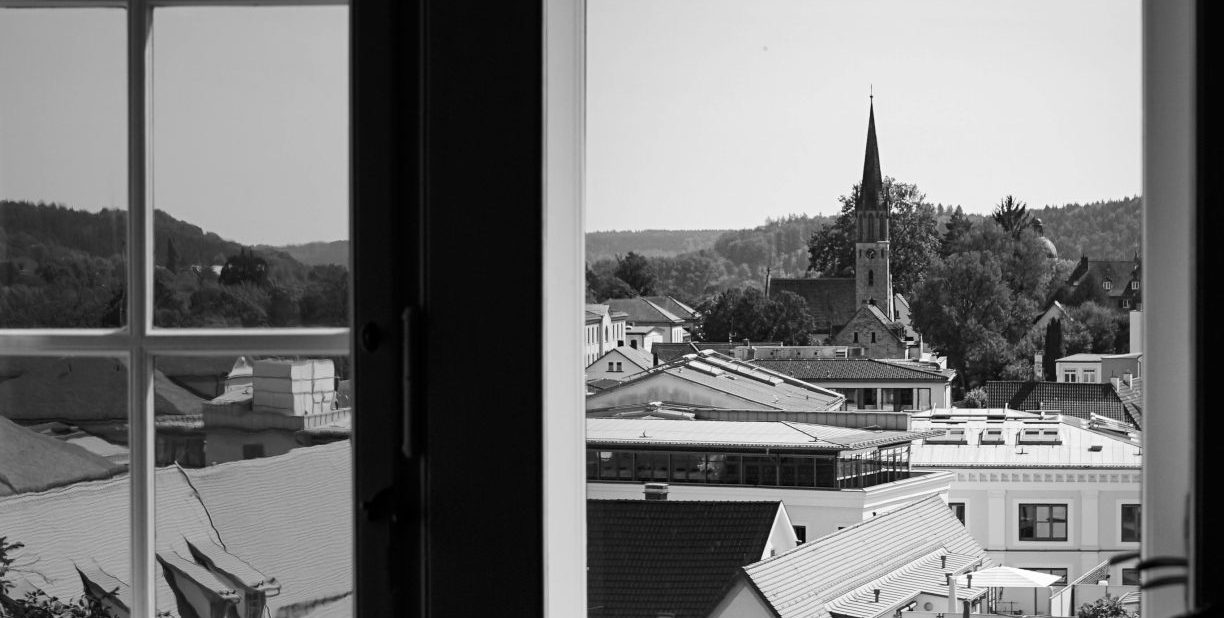
Author’s Perspective: Andrew Fuller and the Search for a Faith Worthy of All Acceptation
Dr. David Rathel discusses his upcoming publication on Andrew Fuller.
Listen
Revelation Chapters 6-8
Dr. Stewart and Tyler discuss the symbolism of the seven seals in Revelation. The seals can range from Christ’s authority, to the Four Horsemen of the Apocalypse, to cosmic upheaval, to God’s final judgment, and more. Their conversation emphasizes the importance of pe
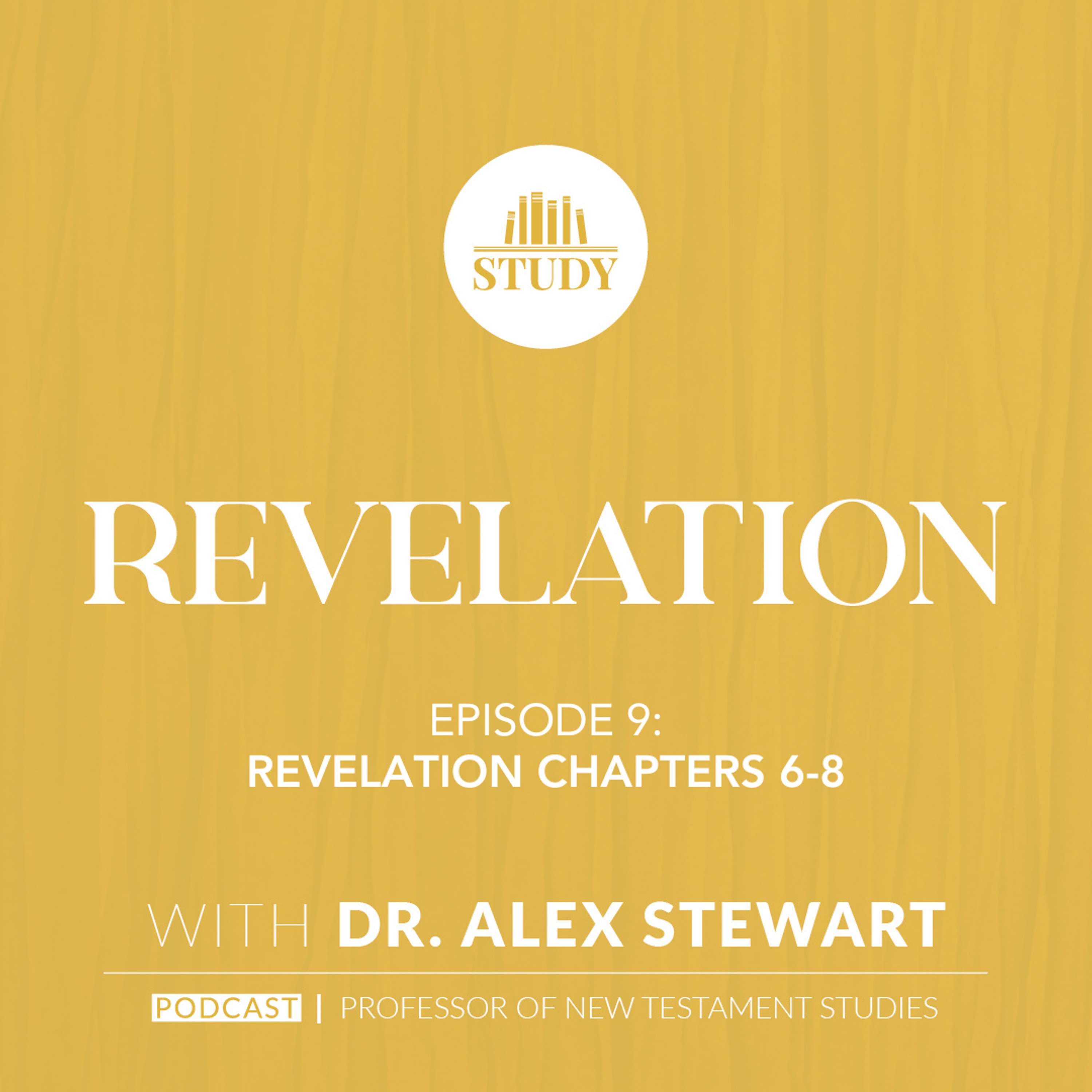
Revelation Chapters 4-5
This episode is on Revelation chapters 4 and 5, focusing on the hymns of worship, the vision of God’s throne, and the symbolism of the Lion and the Lamb. Who are the Lion and the Lamb and how do we balance the militaristic and sacrificial imagery of it all?
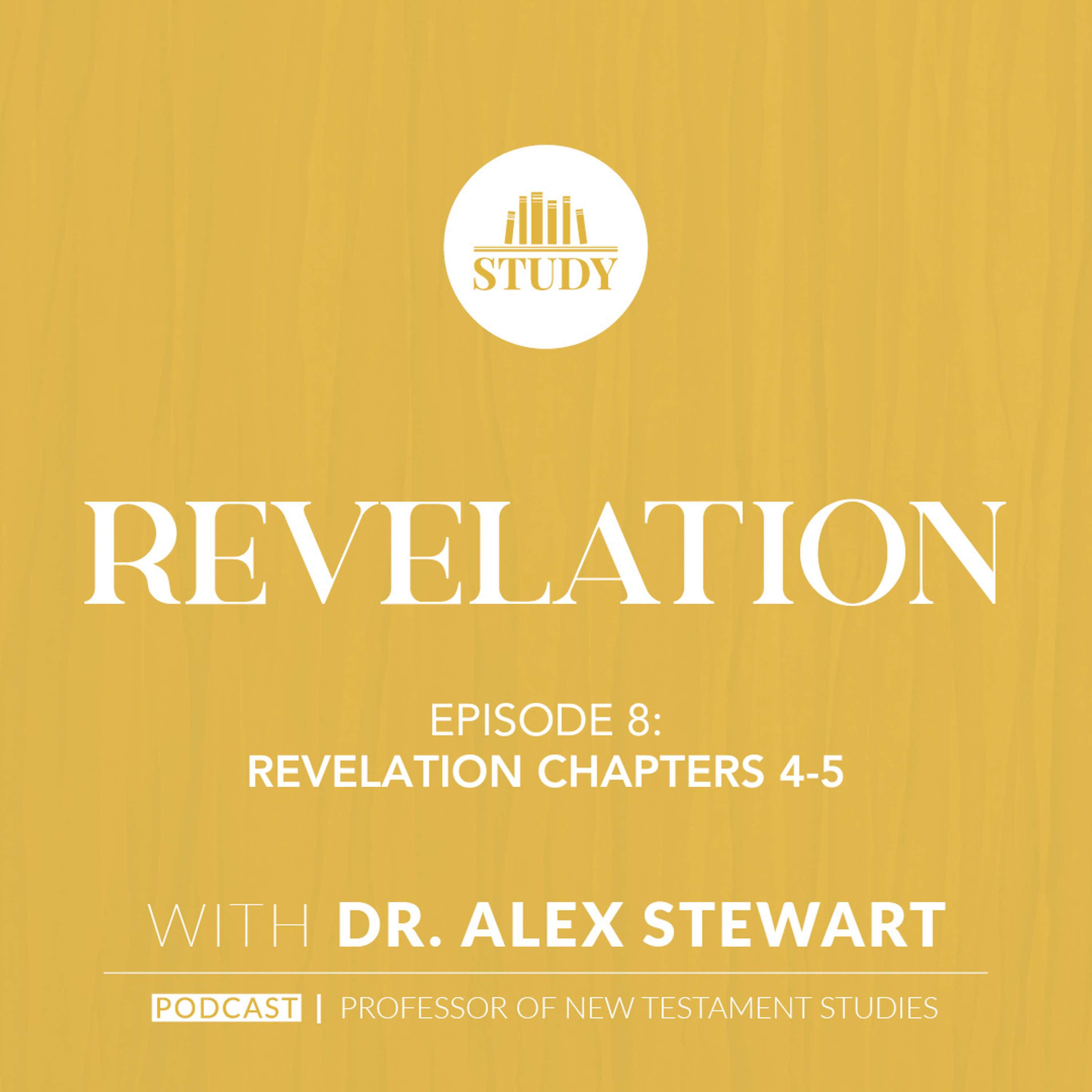
Watch

Jonathan Edwards and the Asbury Revival
Chris Chun and Chris Woznicki discuss the signs of true revival, signs of the work of the Holy Spirit, and why it is important to critically assess the characteristics of revival in a spirit of charity.

Jonathan Edwards and the Baptists | Douglas Sweeney, Nathan Finn and Chris Chun
Dr. Douglas Sweeney and Dr. Nathan Finn joined Dr. Chris Chun for a panel discussion on Jonathan Edwards, recorded live at the SBC Annual Meeting in Anaheim.


